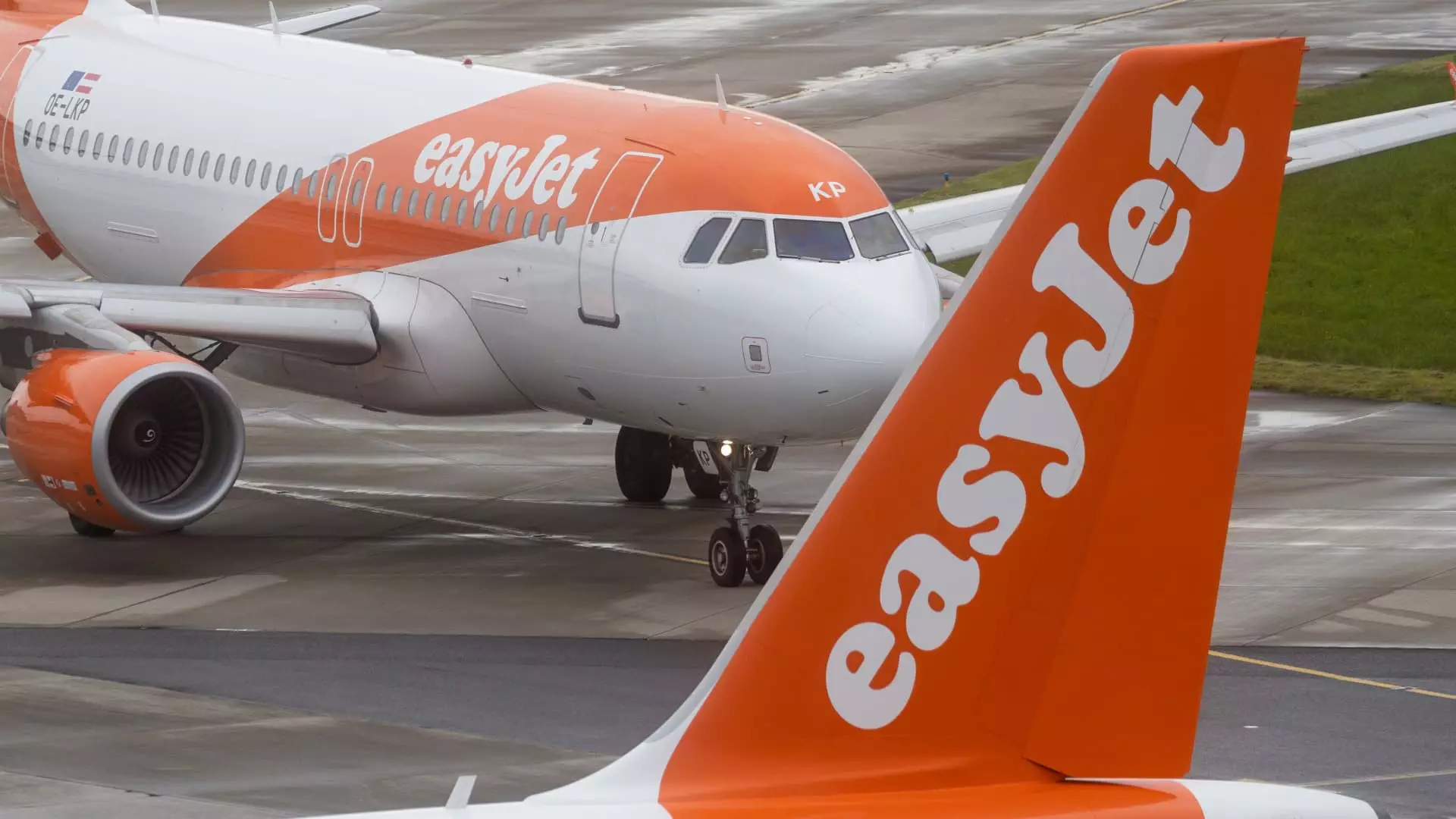EasyJet, the well-known low-cost airline, experienced a significant drop in its shares by over 7% following the release of its first-half financial results for the fiscal year. The company reported pre-tax losses of £350 million, surpassing analyst expectations of £340 million. Despite a slight improvement from the previous year’s pre-tax loss of £411 million, the results fell short of market projections. This underwhelming performance contributed to the negative investor sentiment towards EasyJet.
In addition to the disappointing financial results, EasyJet’s CEO, Johan Lundgren, announced his departure from the company in January 2025. Lundgren had been at the helm of the business for seven years, overseeing the airline’s operations during a challenging period marked by the impact of the Covid-19 pandemic. The announcement of Lundgren’s departure added to the uncertainty surrounding EasyJet’s future leadership and strategic direction.
Following the release of the financial results and the CEO transition announcement, EasyJet’s shares experienced a further decline, trading down 5.9% by mid-morning. The market reaction reflected the concerns of investors regarding the company’s financial performance and leadership stability. The departure of a long-standing CEO added a layer of complexity to EasyJet’s ongoing efforts to recover from the pandemic-induced travel restrictions.
Despite the challenges faced by EasyJet, Lundgren expressed optimism about the upcoming summer travel season. He highlighted the positive momentum in consumer travel spending, particularly in popular European destinations like Spain, Portugal, and Turkey. Lundgren emphasized that the demand for travel remained strong, with customers prioritizing holidays and leisure trips. However, concerns about supply chain constraints in the aviation industry raised questions about EasyJet’s ability to operate seamlessly during the peak travel season.
EasyJet’s recent financial performance and CEO transition have generated mixed reactions from the market. The company’s failure to meet analyst expectations for the first half of the fiscal year contributed to the decline in its share price. Lundgren’s impending departure further added to the uncertainties facing EasyJet. As the airline navigates through these challenges, stakeholders will closely monitor its strategic decisions and operational performance to assess its ability to recover and thrive in a highly competitive aviation industry.

